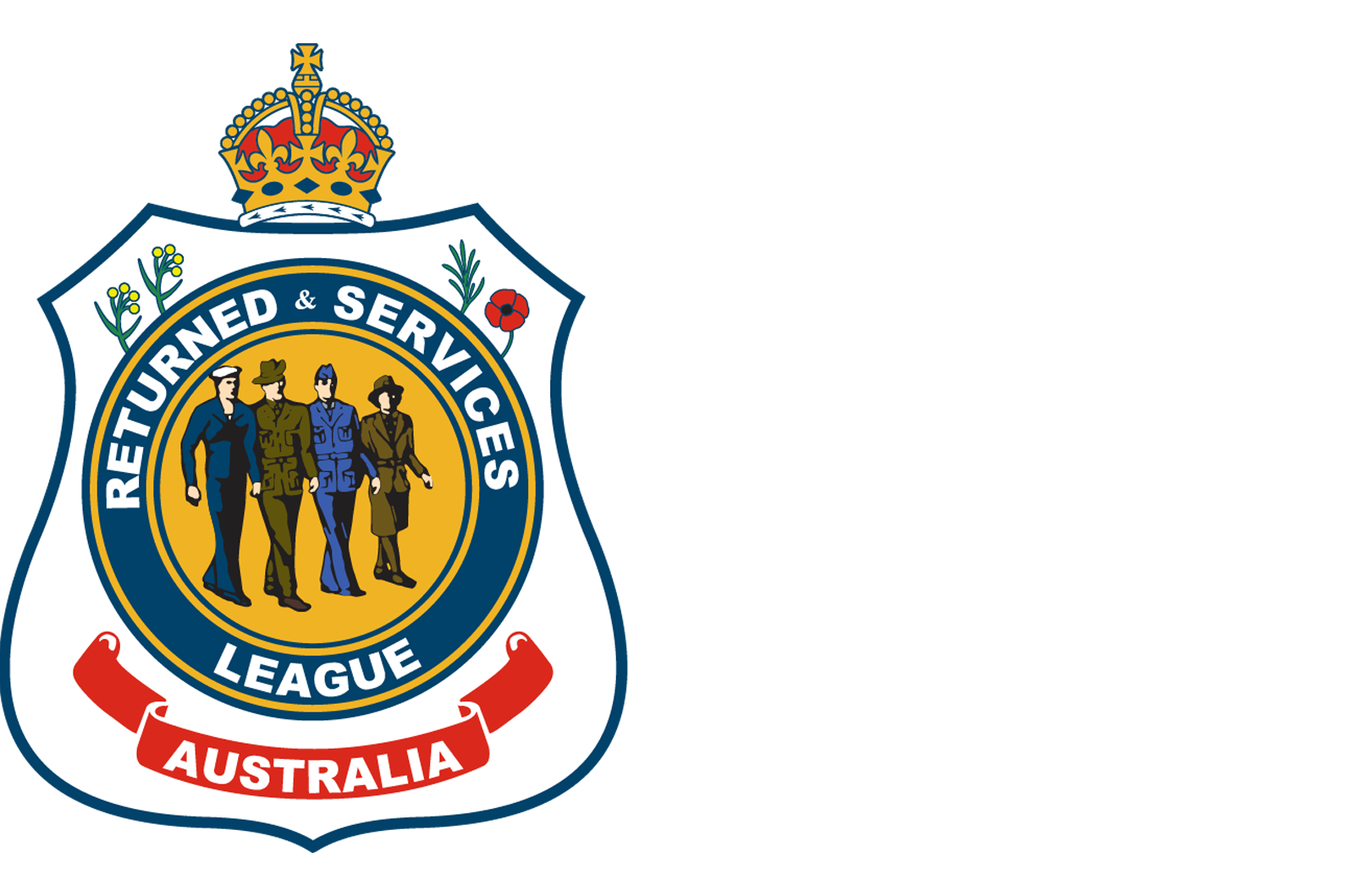28 February 2020
What is your unique life story?
WWII veteran Phil Wilkins has been helping fellow members at Kawana Waters RSL Sub Branch record their history and he has some great tips!
8 Tips to get you started
- The hardest part will be getting started. Once you begin it will only get easier, so take the leap!
- There are three main ways to capture your story:
- Type it up on your computer
- Write it down using a notepad and pen
- Use a voice recorder or dictaphone. There are numerous free applications that you can download onto your phone, and it can then be transcribed, either by yourself or someone else. www.rev.com offers a good value transcription service.
- Here are some suggested questions to get you started:
- Date and location of birth
- Names of Parents and siblings
- Your earliest recollections
- Where you lived
- Your schools
- Games you played
- Interaction with other children
- Sports you played
- Holidays you went on
- Defence career
- Marriage and children
- Contact Phil Wilkins for another 60 questions.
- Edit your memoir to ensure it's easy to read.
- Include photos from your life.
- Print copies for your friends and family members and email them a digital version in case they lose the hard copy.
- If you would like help or further advice, Phil would love to hear from you via 0417 958 257 or phillipcarterwilkins@gmail.com
Phil's passion for memories
Phil’s project began more than two years ago when he began organising a monthly morning tea for WWII veterans. The group gathers in the Kawana Waters Surf Club to eat scones, drink coffee and talk. They call themselves the ‘Mouldy Oldies’ and are financed by their local Sub Branch.
Phil sits down with veterans and asks questions about their life. He uses a voice recorder, types up the conversation, edits it into a story, includes photos and produces it into a hard copy document.
He is passionate about both his Mouldy Oldies group and producing memoirs and urges other Sub Branches to consider undertaking similar projects. Within the next eight years, Phil says most of the WWII veterans will have passed on, so time is running out.
“Write down your memoirs,” says Phil.
“I know from experience that the people left behind – such as your grandchildren or great grandchildren – would enjoy reading them. And it isn’t necessarily just your wartime experiences, but also your life as a whole, that is important.”

